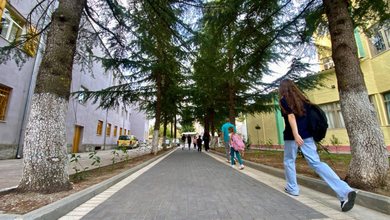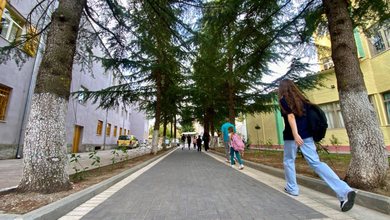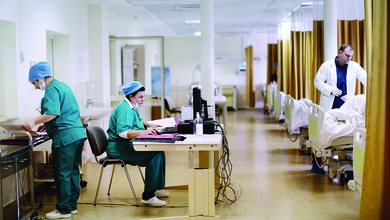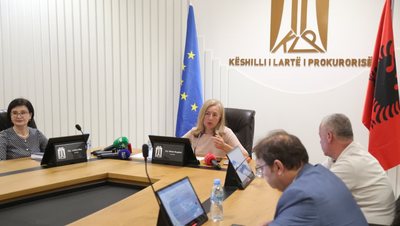
The Albanian government changed the state budget for the third time this year, further reducing funds for education and health and increasing those for infrastructure.
According to the tables accompanying the changes, funds for the Ministry of Education were cut by about 851 million lek or 1% less compared to June. Compared to the initial 2025 budget, funds for the Ministry of Education were cut by 1 billion lek, about 10 million euros or 1.6%.
This decline comes at a time when the education system faces great needs for investment in learning environments, staff, and new study programs, while the demand for quality education is increasing.
The Ministry of Health has also seen a reduction in funding, albeit more modestly. The latest changes reduced the amount by 336 million lek, or about 3.4 million euros, an indicator of the lack of sustainable policies in a sector where the demands for services are increasingly high. Compared to the initial budget, health funding was reduced by 0.5%.
In contrast, the Ministry of Energy and Infrastructure (MEI) is the biggest beneficiary of the budget reallocation, with an increase of over 6.1 billion lek, or about 60 million euros more. Compared to the changes in June, funds for the Ministry of Infrastructure increased by 9%, while the initial budget increased by 1.6%. The concentration of funds in this item shows the government's priority to accelerate investments in infrastructure projects.
Meanwhile, the Ministry of Agriculture has benefited from a modest increase of 331 thousand euros, or 2%, reflecting a slight support for the rural sector, but without a noticeable impact in relation to the needs of the sector.
Overall, the data show a continuing trend of underfunding of social services and a trend towards increased spending on infrastructure investments.
Developed countries stand out from others for their high investments in health, education, and in general in human capital, as the most sustainable investments over time.
Less investment in education and health translates into social costs for the entire society. A society with inefficient and "sick" education will not be able to increase productivity in the economy.
While the number of students in schools is decreasing and there is now more financial capacity per student, the quality of Albanian schools has suffered a noticeable decline, based on the results of the global PISA test.
Convergence indicators with the EU show that Albania, in the fields of education and health, is widening the gap, taking steps backward instead of achieving the standards so necessary for membership./Monitor.al/























